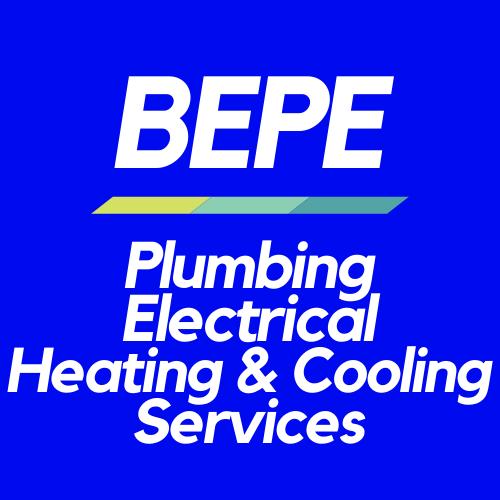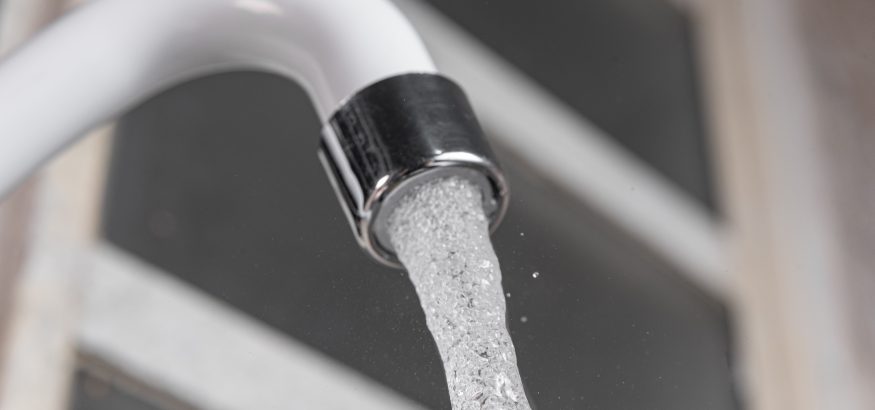The Role of Water Quality in Your Hot Water System’s Lifespan
Hot water systems Ballarat are the unsung heroes of our daily lives, silently providing us with the warmth and comfort we often take for granted. Whether it's that invigorating morning shower or the soothing bath after a long day, hot water is an indispensable part of our routines.
However, there's a critical factor that often lurks in the background, quietly shaping the lifespan and efficiency of these systems: water quality. To understand the role played by hot water systems, let us first learn about their components and types.
1. Hot water system
Hot water systems come in various forms, each with its own unique features and advantages. Two of the most common types you'll encounter are:
-
Tankless hot water systems Ballarat:
These systems are known for their on-demand heating. They operate by heating water as it passes through a heat exchanger, providing hot water instantly when you need it. Tankless systems are efficient because they don't continuously heat water, making them a popular choice for energy-conscious households.
-
Tank-Style Hot Water Systems:
In contrast, tank-style hot water systems store and preheat water in a large tank. This ensures a constant supply of hot water ready for use. While they may be less energy-efficient than tankless systems, they are reliable and suitable for homes with higher hot water demands.
Now that we know the two types of hot water systems Ballarat, let us understand the components of hot water to know the possible challenges that obstruct it from smooth functioning and deteriorating before time.

1.1 Components of a Hot Water System
To truly grasp how hot water systems function and why water quality matters, let's break down their key components:
-
The Tank
This is the heart of a tank-style system, where water is stored and heated. The size of the tank determines the system's hot water capacity.
-
The Heating Element
Whether it's a gas burner or an electric heating element, this component is responsible for raising the water temperature inside the tank to the desired level.
-
Pressure Relief Valve
An essential safety feature, this valve regulates the pressure inside the tank. It prevents excessive pressure buildup, ensuring your hot water system operates safely.
With this detailed information about the components of hot water systems Ballarat, it becomes clear that hot water systems need maintenance and inspection. Let us look at the reasons why it is essential.
2. What is the impact of water quality on hot water systems?
2.1 Water Quality Factors:
Water quality isn't just about water being clear or clean; it encompasses several crucial factors:
-
Hardness:
Hard water contains a high concentration of minerals, primarily calcium and magnesium. These minerals can accumulate over time and form scale deposits within your hot water system.
-
Sediment:
Sediment includes small particles like sand and rust that can be present in your water supply. These particles, if not filtered out, can settle in your hot water system Ballarat.
-
pH Levels:
The pH level of water indicates its acidity or alkalinity. Water that is too acidic or too alkaline can corrode metal components in your hot water system.

2.2 How does water quality affect hot water systems?
-
Slower Heating:
When your water is laden with minerals or sediment, it acts as an insulating barrier, slowing down the heating process. Your hot water system has to work harder and longer to achieve the desired temperature, leading to longer wait times for hot water.
-
Higher Energy Bills:
Prolonged heating due to poor water quality results in increased energy consumption. As your system struggles to overcome the insulating effects of scale and sediment, your energy bills may start to climb, which is a clear indicator of water quality issues.
-
Rust Formation:
Corrosive water can corrode the metal components of your system, leading to the formation of rust. This rust can find its way into your hot water, resulting in discolored and potentially foul-tasting water.
-
System Damage:
The presence of rust within your hot water system Ballarat is not only unsightly but also dangerous. Over time, it can weaken and damage critical components, potentially causing leaks or system failures.
3. Maintenance of the hot water system
The best ways to maintain the quality of the water are through filtering and the use of water softeners.

3.1 Water softener:
Water softeners are designed to combat the adverse effects of hard water. They work by removing the excess minerals (usually calcium and magnesium) responsible for scale buildup. Water softeners use ion-exchange resin to swap hardness minerals with sodium ions, effectively softening the water. Installation typically involves connecting the softener to your water supply line. Periodic regeneration is required to flush out the trapped minerals and regenerate the resin, ensuring consistent performance of your hot water system Ballarat.
3.2 Water filters:
Filters come in various types, including activated carbon filters and sediment filters. They work by physically trapping and removing impurities like sediment, chlorine, and contaminants. Filters can be installed at various points in your plumbing system, such as under the sink or at the point of entry for your home's water supply. Regular maintenance involves replacing filter cartridges according to the manufacturer's recommendations.
3.3 Regular maintenance:
-
Flushing the Tank:
Periodically flushing your hot water tank helps remove sediment buildup. Consult your system's manual or a professional for guidance on how often to do this.
-
Temperature Adjustment:
Set your water heater to an appropriate temperature to prevent scalding and reduce the risk of bacteria growth.
-
Anode Rod Inspection:
If your hot water system Ballarat has an anode rod, check it regularly for signs of corrosion and replace it as needed.
-
Pressure Relief Valve Test:
Test the pressure relief valve to ensure its functioning correctly and releases excess pressure when necessary.
-
Annual Professional Inspection:
Arrange for an annual inspection by a qualified technician to catch any issues early and ensure your system is operating efficiently.
Better water quality for a better hot water system
Take proactive steps to maintain good water quality in your home. Invest in the right tools, from water softeners to filters, and commit to a regular maintenance routine. By doing so, you're not just ensuring a steady supply of hot water; you're safeguarding your home and your peace of mind.
Your hot water system Ballarat is a silent workhorse that deserves your attention. Embrace the role of water quality in its well-being, and you'll enjoy the benefits of a reliable, efficient, and long-lasting hot water supply for years to come.

